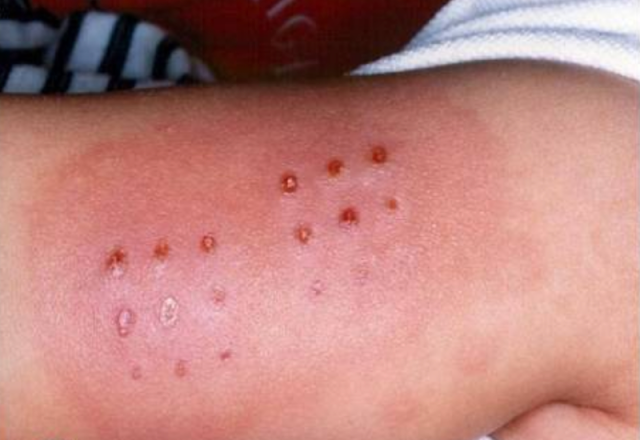Why?
Because food is something we eat every day - several times a day - and everyone should be aware of the dangers of food allergies. Some foods such as peanuts contain very strong allergens that are in the food and released into the air as well. That's why someone with severe food allergies must be extremely careful where and how they dine out.
Please see the Details article at the official website of the LANCET here.
Some food allergy deaths could have been prevented if proper medical attention was given when the allergic reaction occurred. Unfortunately, someone who is dining out or eating at home alone can have an allergic reaction without anyone around who knows the cause. With severe reactions, the person may not be able to speak or move at all. When the paramedics arrive, they do not know how to treat the patient.
Non-deadly allergies can still cause unpleasant symptoms such as cramps, light-headedness, itching and rash, hives, headaches, swelling lips, tingling mouth, shortness of breath and wheezing. Even these symptoms can seem urgent when they're really not, so emergency personnel might attend to someone with these symptoms as well.
Another way to be prepared is to have all your medical emergency information with you in one place along with your identification. Keep this information in your purse or wallet so emergency workers will know how to diagnose and treat you when they arrive.
With a little preparation you'll have peace of mind when dining out or eating at a friend's house. Food allergies do not have to control your life!
Food Allergy Situation in India.
As per recent paper Published by the LANCET, titled "The burden of allergic diseases in the Indian subcontinent: barriers and challenges " - it states An estimated 300 million people worldwide have asthma, with 37·9 million in India, equal to 55% of the total UK population.Please see the Details article at the official website of the LANCET here.
Food Allergy Deaths:
There are approximately 150 deaths related to food allergies in the United States each year. Food allergies are responsible for more deaths than insect bites as well as reactions to medicines.Some food allergy deaths could have been prevented if proper medical attention was given when the allergic reaction occurred. Unfortunately, someone who is dining out or eating at home alone can have an allergic reaction without anyone around who knows the cause. With severe reactions, the person may not be able to speak or move at all. When the paramedics arrive, they do not know how to treat the patient.
Non-deadly allergies can still cause unpleasant symptoms such as cramps, light-headedness, itching and rash, hives, headaches, swelling lips, tingling mouth, shortness of breath and wheezing. Even these symptoms can seem urgent when they're really not, so emergency personnel might attend to someone with these symptoms as well.
4 ways on How to manage Food Allergies
- Prevention is always best with food allergies, especially dangerous ones.
- When dining out, ask the waiter if the food you're about to order contains the ingredients that might cause an allergic reaction.
- Also, check food labels and labels on drinks and condiments while grocery shopping to be sure it's safe before eating.
- Keep a list of the foods you're allergic to with you in your wallet or purse as a reminder when dining out.
Another way to be prepared is to have all your medical emergency information with you in one place along with your identification. Keep this information in your purse or wallet so emergency workers will know how to diagnose and treat you when they arrive.
With a little preparation you'll have peace of mind when dining out or eating at a friend's house. Food allergies do not have to control your life!








